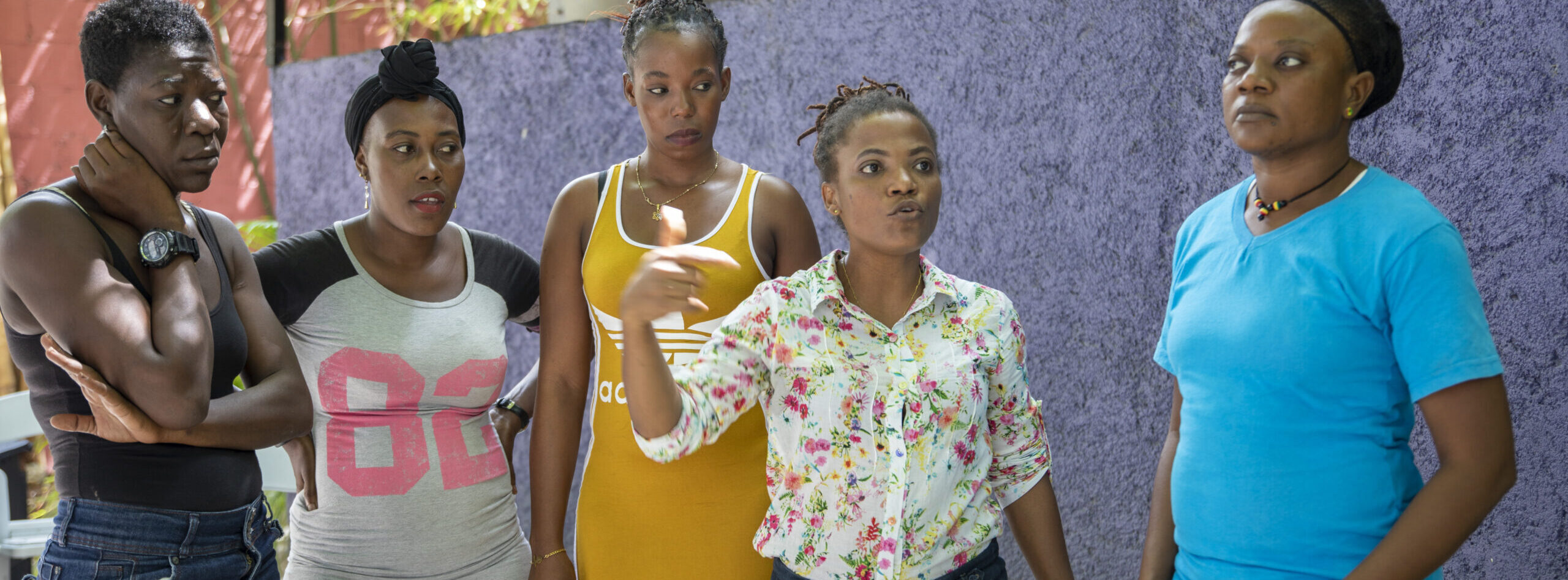Each year, the United Nations Women’s Peace and Humanitarian Fund (WPHF) launches a global survey with women’s civil society organizations that have received programmatic or institutional funding from WPHF since the Fund’s establishment in 2016. The WPHF Global CSO Survey Findings on Women, Peace and Security and Humanitarian Action is a strategic advocacy tool that takes stock of the challenges and quality of support for local organizations working on Women, Peace and Security and Humanitarian Action (WPS-HA) issues, uncovers priorities for women civil society leaders, and demonstrate to the international community the urgent need for more flexible and quality financing to better support their work on the front lines.
In 2024, 224 WPHF civil society partners from 31 countries participated in this anonymous survey, which explores questions related to the risks associated with the lack of funding for women’s organizations working on WPS-HA, the challenges they face in securing flexible funding, and the difficult contexts in which they often operate.
This year’s findings showcase the urgent global imperative to support local women’s rights and women-led organizations in conflict and crisis settings, as well as the importance of ensuring that their voices are heard, their work is protected, and their priorities are prioritized.
2024 Key Highlights
46% of civil society organizations felt their organization was at either high or very high risk for continuity due to the lack of programmatic or institutional funding for local women’s groups working on WPS-HA.
46% of civil society organizations stated their organization and staff have directly received threats as a result of their work in WPS-HA – an increase from 2023.
69% of civil society organizations highlighted that, if their external funding ended immediately, they would not be able to sustain themselves for more than six months.
17% of organizations noted that funding is not flexible enough for the contexts in which they work, and complex application processes and procedures continue to act as a deterrent for engaged, qualified local women’s organizations from securing needed funding.
Positively, 62% of civil society organizations said they are consulted to engage on WPS-HA issues, indicative of women’s rights organizations increasing influence and consolidating their positions as critical agents of change.
